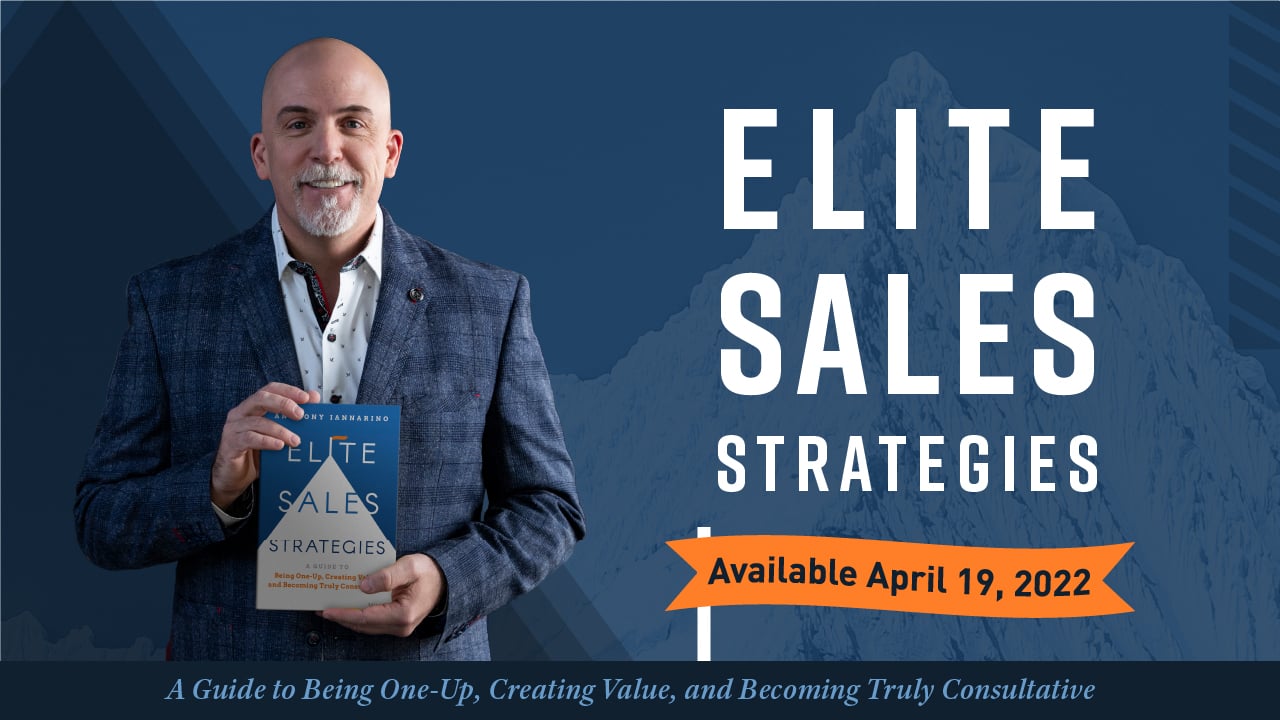You don't want to have a bad relationship with procurement or purchasing, but you don't want them to love you either. The way you become the darling of procurement is by being compliant, completing outdated RFPs, dissecting your pricing to help them determine how much profit they will allow you to retain, and ultimately lowering your price.
Let's say this another way, a way that turns this negative idea positive: You want every stakeholder to love you for delivering the better results they need. Your company will struggle to deliver better results when you allow your client's apparatchik to remove money from what will be their solution. The results the client will expect of you are not improved by reducing their investment, but they are often improved by a greater investment.
After meeting with the stakeholders who need the better results, you leave the meeting with a deep understanding of what they need to do to improve a couple of critical outcomes, as well as a confirmation that what you sell is exactly right for the decision makers and their teams. Because you want to be loved for the results you produce, you have a built-in conflict with procurement.
In Praise of Non-compliance
If you have ever taken the personality test based on something called DISC (Dominant, Influential, Steady, and Compliance) you will have some idea why procurement, purchasing, and other bureaucrats will like you or loathe you. Scoring high on C, compliance, you might be the exact kind of person professional buyers prefer. When you are a high D, dominant, you are all but certain to be a low C, non-compliant.

Procurement and purchasing are a lot like lawyers. You like your lawyer for the protection they offer and you can't stand the other sides. The conflict here is not really with procurement or purchasing. The conflict is whether or not the stakeholders who have engaged you are going to get the better results they need. The friction in the relationship and conversation comes from your effort to do right by your client while the professional buyers are trying to do right by saving their company money.
When you politely and defiantly tell a professional buyer "no," when they try to strip money out of their own program, one of you is right and one of you is wrong.
A Thought Experiment
Imagine that procurement is now part of human resources. Their first order of business is to get new contracts from every employee. Because the highest paid person in their organization is the CEO, they start the negotiation by explaining that retaining their position will require reducing their salary, bonus, and stock options. At the end of that meeting, will the CEO thank the professional buyers for taking some of the cost out of the business, or it is more likely their first call is to the many recruiters who flood their email with offers.

I happened to work in a highly commoditized industry, one with many competitors all vying for the same clients. The firms that promised the client the sun and the moon, including the lowest price, never failed to fail, as their pricing didn't allow them to invest in the results their clients needed. The clients who required the lowest price ran through all the lowest price competitors, always blaming the poor results on the supplier, not their lack of investment.
Because your role requires you to provide good counsel, advice, and recommendations, you must offer the advice to avoid underinvesting in the outcomes the professional buyer's company needs. That advice is sound, even if your counterpart would prefer it be otherwise. Know that the company you are negotiating with has trained their sales force to push back when asked to reduce their pricing to a level that would remove the ability to improve the client's results.
Dealing with the Real Conflict
The real conflict isn't between you and procurement. Instead, the conflict is between the client's willingness to invest in the better results they need or whether it is more important to extract a concession from the company that is going to be their new partner—or any sales organization that promised the stakeholder the outcomes they need only to fail them again.
Even though it may feel as if the conflict is between you and a professional buyer. The truth is that it's really a conflict between the stakeholders who need to make the greater investment and the procurement team's need to reduce the investment. Because you are in the middle of this conflict, you need to remove yourself by asking the decision makers and stakeholders if they can live with a lesser result or do they believe they need to make a greater investment in the results they are pursuing.

Every model comes with concessions. When you have the higher price, it's because that concession prevents the client from making other concessions, all of which produce poorer results than the higher-priced model. By the time you get to the bottom feeders, the model requires the client to make every concession.
If you haven't triangulated your competitors, you can find these conversations difficult, especially when you get to a negotiation over the investment the client needs to make. You can learn this strategy in Elite Sales Strategies: A Guide to Being One-Up, Creating Value, and Becoming Truly Consultative.
Your Obligation To Produce Results
Your obligation is not to ensure purchasing gets their pound of flesh. Your obligation is to help your clients improve their results. It's okay that you have some professional conflict over the investment or anything else that might cause your client to fail or produce suboptimal results.









.jpg?width=768&height=994&name=salescall-planner-ebook-v3-1-cover%20(1).jpg)


